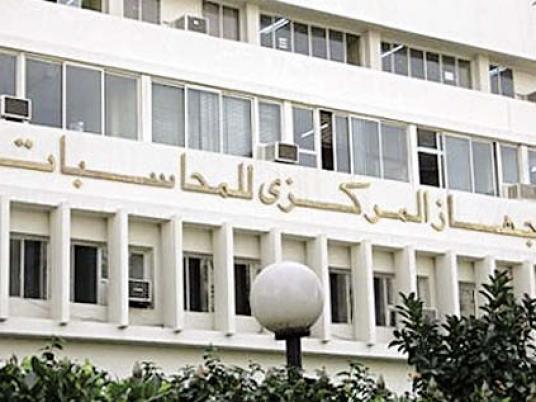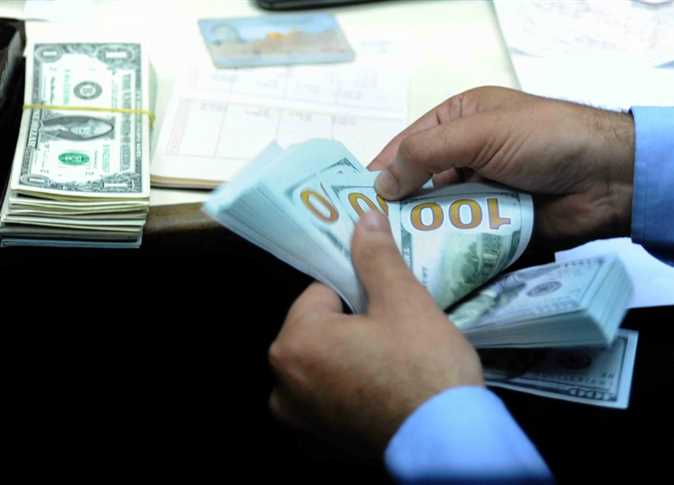
The Egypt trade deficit surged by EGP 1.25 billion in July 2013, reaching EGP 21.2 billion compared to 19.95 billion in the same month last year, according to the last bulletin released by the Central Agency for Public Mobilization and Statistics (CAPMAS).
According to the state’s statistics body, exports amounted to EGP 14.57 billion compared to EGP 14.23 billion in the same month last year due to prices increases among commodities such as raw oil, fertilizers, pulp, food and plastic.
Imports grew during the same period by 4.7% reaching EGP 35.78 billion compared to EGP 34.18 billion during the same period in 2012 due to soaring prices in steel, corn, and petroleum products.
However, most economic experts blame the rise of the US dollar’s value against the Egyptian pound for being the key reason of the deficit. The chairman of Abu Dhabi Islamic Bank (ADIB) capital and economic expert Karim Helal disagreed saying that “it is nonsense, simply because Egypt is not an export-led country.”
He explained that “the local currency could be beneficial if the country depends mainly on exports to boost its economy as a source of income. However, Egyptian exports are modest and still depends on imports.”
Helal emphasized that the main factor that exacerbated the trade deficit is the suspension of industrial businesses in Egypt.
“The suspension of the industrial field burdens the country and necessitates imports to fulfill the nation needs, which indeed widens the gap between the imports and exports,” said Helal.
When asked what the consequences could be of more deficits in the future, he pointed that it will raise the country’s balance of payments which has already been suffering due to the decline in tourism. “Trade deficit will put pressure on the foreign reserves and general budget deficit,” he asserted.
Egypt’s Net International Reserves (NIR) dropped $119 million in October 2013 to a record $18.6 billion, announced the Central Bank of Egypt (CBE) on Thursday.
“More trade deficit is expected to cause further inflation,” Helal pointed.
The inflation rate in Egypt reached 10.44 percent in October of 2013 according to the CBE.




